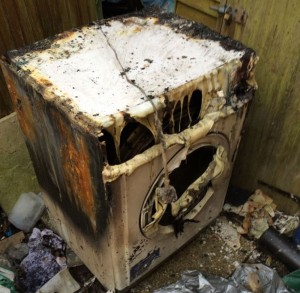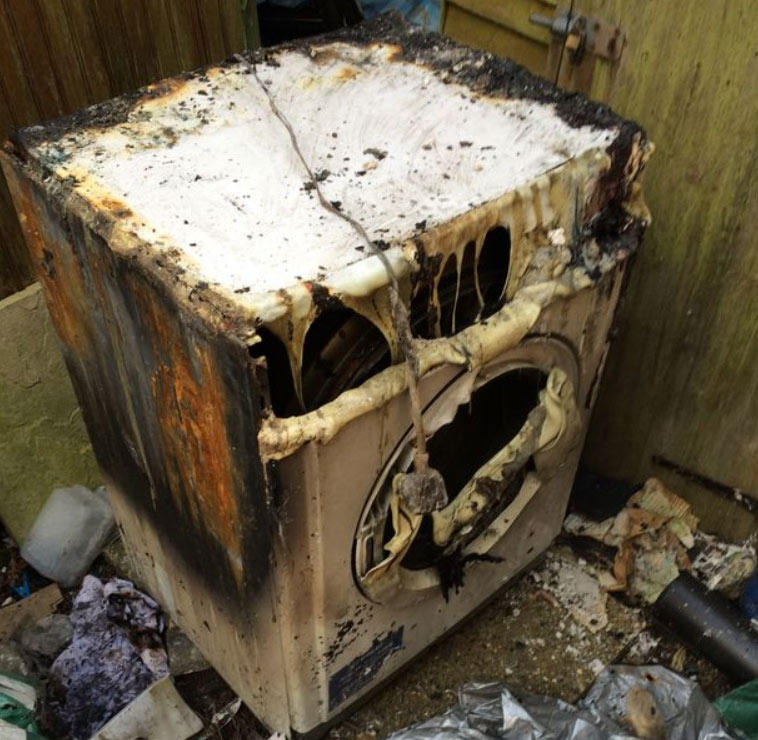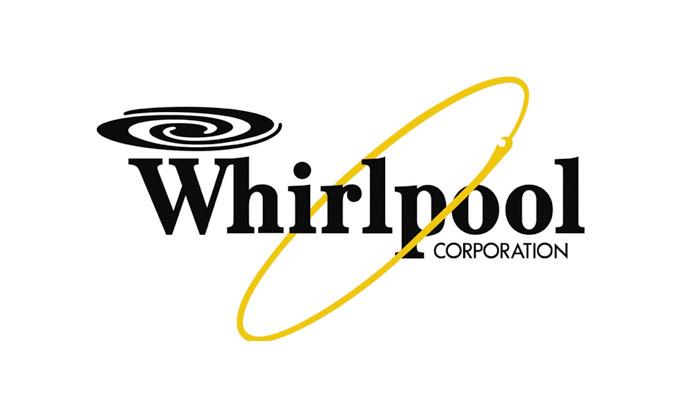The consumer action body Which? has listed 250 of the most popular fridges and freezers on sale in the UK as “potentially unsafe”, adding that they could be putting lives at risk.
In the wake of a number of high profile fire risk cases and lack of action from manufacturers, Which? has demanded that retailers immediately stop selling the models it had identified after an investigation showed that the backing material on almost half of all the fridges, freezers and fridge-freezers tested was made of an unsafe plastic that posed a fire risk.
Another Grenfell in the waiting
Andy Slaughter Labour MP for Hammersmith had previously said of Whirlpool, arguably one of the principle villains in this criminal caper of "Whirlpool’s complete lack of accountability and responsibility for those consumers whose daily lives have been—and indeed are still being—put at risk, is simply unacceptable."
The company’s behaviour throughout this whole process prompts the question of why anyone would want to buy a Whirlpool tumble dryer, or indeed any other product made by the company, in future and that the lack of action even after the Grenfell fire (resulting in 71 deaths) in which a Whirlpool fridge/freezer was to blame it beggars belief that consumer safety is still being put at risk that whilst Whirlpool is a critical factor in another Grenfell disaster occurring let us not forgot that the 250 “don’t buy” Which? list includes appliances made by most if not all of the leading manufacturers, including AEG, Kenwood, Hotpoint, Smeg, Candy, Hotpoint, Zanussi, Indesit, Whirlpool, Hoover, Bush and Ikea.
Recall Costs before Consumers
The Which? warning comes after the London fire brigade (LFB) said that even though there was on average one fridge or freezer fire a week in the capital, it firmly believed that most manufacturers were still dragging their heels on making fire safety improvements, even after the shocking events of the Grenfell fire.
The LFB said doors and side panels of most fridges and freezers were usually covered in metal but many still used a flammable plastic backing which offered very little to no protection against the highly flammable foam insulation contained within the appliance catching alight if a fire started.
Which? said the industry-wide investigation – the largest of its kind in the UK – looked at more than 500 of the most popular products on the market, and said it was releasing its findings now because of “a lack of government action”.
The organisation said it accepted that fires due to refrigeration faults were rare, with its own research showing that fridge-freezers, fridges or freezers were to blame in only 8% of fires caused by faulty appliances. It also said the plastic backing material did not in itself cause fires but rather accelerated them, which was why it was not demanding a product recall but for retailers to immediately stop selling these products.
UK safety rules require refrigeration appliances to pass a glow wire test to assess their fire resistance. This involves putting a hot wire through a sample of the fridge or freezer backing material and seeing whether it catches alight. However, when conducting more stringent tests, Which? found that no plastic backing sample was able to withstand a flame for 30 seconds, indicating that, in the event of a fire, it would not sufficiently prevent the flame from reaching the flammable insulation inside.
A Department for Business, Energy and Industrial Strategy spokesman said: “Manufacturers selling white goods in the UK must meet some of the strictest safety laws in the world and we are working with Which? and other parties to see whether standards can be made even more stringent.”, which can easily be brushed aside as the usual claptrap of having to make a statement but not promising anything.
Government Spin
The wording of the response from the Department for Business, Energy and Industrial Strategy spokesman is as inept and devoid of substance as Whirlpools efforts to bring about change as the spokesperson in using the phrase "some of the strictest safety laws in the world " it is the classic case of deflection.
The UK government as it did with VW and #dieselgate has mis-handled Whirlpool when compared to the US where safety recalls were initiated in both Whirlpool and VW cases the UK consumer is left peeing in the wind yet again when it comes to getting action from its government on such a serious issue as safety.
Lack of KBB Accountability
It is also shocking just how much Whirlpool, given its disregard for consumer safety, features in the Kitchen, Bedroom and Bathroom press and how much its image is being manipulated and crafted from one that blocks efforts to address consumer safety yet gets so much press attention in regards to the latest product launches and how quick industry magazines are to offer column inches and advising space to Whirlpool, given its disdain for the consumer.
It is one thing to brush your morals aside when it comes to advertising a substandard home appliance that might break down and become junk after 12 months but it is deplorable to allow a brand that has deliberately dragged its heels to dilute press coverage and cultivate a more positive image when if consumers were aware of the fire safety issues and how Whirlpool conducted itself that they would then likely not proceed with purchasing another Whirlpool appliance.









